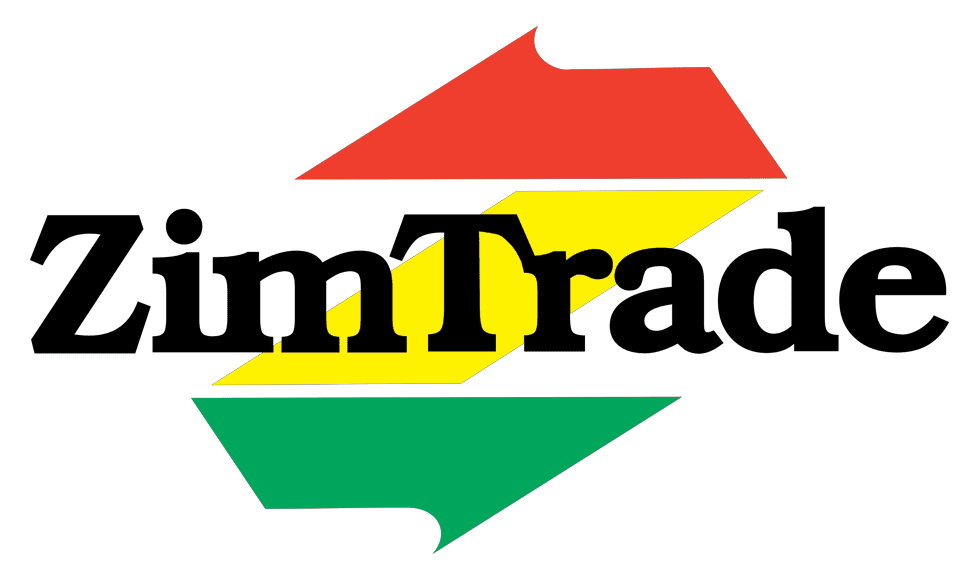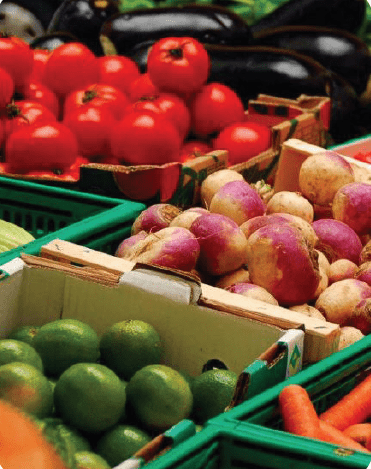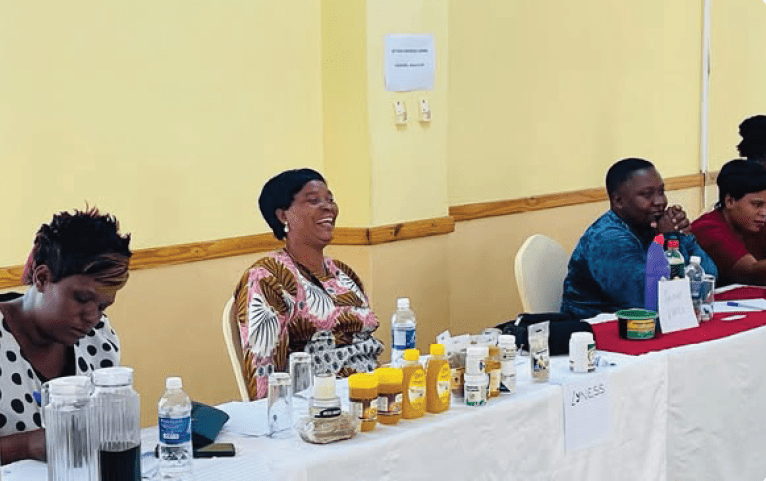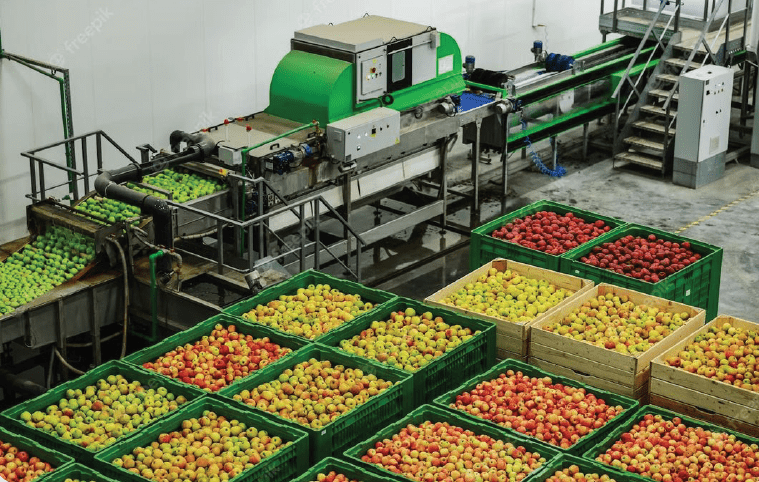By Natalie Fanciko
Honey production is increasingly becoming a profitable venture for producers worldwide, driven by rising demand for natural and organic products. For Zimbabwean producers, the honey export market presents an exciting opportunity to tap into global demand. This article explores the essentials of honey production for export, highlights the unique selling points (USPs) of top-performing honey brands, and provides insights into how Zimbabwean producers can successfully enter and thrive in the international honey trade.
The global honey market has seen steady growth due to consumers’ preference for natural sweeteners and health-promoting products. Key importers include the United States, Germany, and Japan, where demand for high-quality honey is robust. For Zimbabwean producers, this offers a unique opportunity to diversify agricultural exports and leverage the country’s rich biodiversity to produce distinctive honey varieties.
To succeed in the international honey market, producers must meet several critical requirements.
- Quality Standards:
Zimbabwean honey must meet international quality standards, such as those set by the Codex Alimentarius. Ensuring low moisture content, appropriate sucrose levels, and the absence of contaminants is essential for market acceptance.
- Certification:
Securing organic certification can significantly enhance the marketability of Zimbabwean honey, particularly in the European Union and the United States. Fair Trade and other ethical certifications can further add value.
- Packaging and Labeling:
Honey intended for export must be packaged in a way that preserves its quality during transit. Labels should comply with the regulations of the destination market, including details on nutritional content, country of origin, and certifications.
- Phytosanitary Requirements:
Compliance with the phytosanitary standards of importing countries is crucial. Zimbabwean producers need to adhere to these regulations to avoid barriers to market entry.
Strategies for Zimbabwean Producers to Tap into the Honey Export Market
Leveraging Local Flora Zimbabwe is home to diverse flora, which can produce honey with unique flavor profiles. By promoting honey derived from specific plants, such as wildflowers or indigenous trees, Zimbabwean producers can create niche products that stand out in the global market. Emphasizing organic production methods and securing relevant certifications can help Zimbabwean honey appeal to health-conscious consumers in high-value markets. Additionally, promoting ethical beekeeping practices, such as supporting local communities, can enhance the product’s appeal. Establishing state-of-the-art quality control facilities can ensure that Zimbabwean honey meets international standards. This includes testing for moisture content, purity, and absence of contaminants. Developing a strong brand that tells the story of Zimbabwean honey—its origins, production methods, and benefits—can help create an emotional connection with consumers. Highlighting the role of local communities and the sustainable practices used in production can further strengthen the brand. Collaborating with international distributors, participating in trade fairs, and leveraging online platforms can help Zimbabwean producers gain access to global markets. Building partnerships with buyers in target markets can also facilitate smoother entry and growth.
Understanding the unique selling points (USPs) of successful honey brands can provide valuable insights for Zimbabwean producers looking to differentiate their products:
- Manuka Honey (New Zealand):
USP: High UMF (Unique Manuka Factor) rating, indicating strong antibacterial properties. This honey is marketed as a premium medicinal product.
Strategy: Emphasizing scientific research on health benefits and positioning as a rare, high-value product.
- Sidr Honey (Yemen):
USP: Unique flavor and medicinal properties from the ancient Sidr tree. Marketed as a luxury honey.
Strategy: Focus on the exotic origins and traditional significance of Sidr honey.
- Heather Honey (Scotland):
USP: Distinctive flavor with a rich, aromatic profile, valued for its high mineral content.
Strategy: Marketed as a gourmet product, often paired with fine foods, and emphasizing its limited availability.
Zimbabwean honey producers have the potential to tap into the lucrative global honey market by meeting international quality standards, leveraging the country’s unique flora, and investing in organic and ethical production. By developing strong branding and storytelling, establishing quality control systems, and forming strategic partnerships, Zimbabwean honey can carve out a niche in the competitive international arena. As global demand for natural and health-promoting products continues to grow, the future for Zimbabwean honey producers in the export market looks promising.







